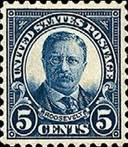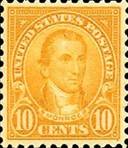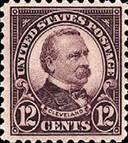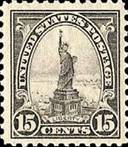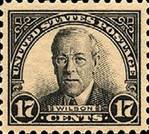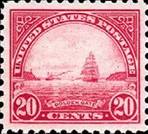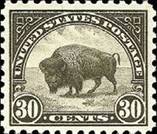New
Issues 2013
P=have O=don’t have it
A-H
In Alphabetic order
See:
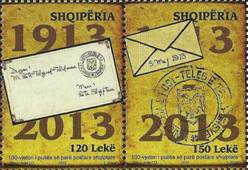
Scott: #????O
Issued: 05.05.2013
100th Anniversary, First Albanian Stamp
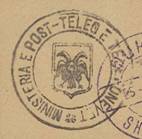 Inside #????: Albania #U1 (Mi #1)O
Inside #????: Albania #U1 (Mi #1)O
Thanks to Lou
Guadagno
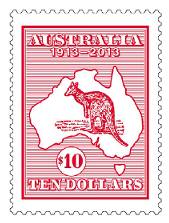
Scott: #????O (B)
Issued: 10.05.2013
Colonial Heritage
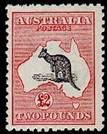 Inside #????:
Australia #59O
Inside #????:
Australia #59O
In 2013 we mark the
centenary of the first Australian Commonwealth postage stamp issue. For some 60
years prior to its release the colonies had produced their own postage stamps.
This issue is the last in the Colonial Heritage stamp series (2010-13), a
celebration of Australia's rich philatelic heritage.
The World Stamp Expo
gives us the opportunity to celebrate the centenary of the Kangaroo and Map
with the rest of the philatelic world. While technically the Kangaroo and Map
was not, of course, a colonial stamp, in this commemorative context it forms a
bookend to the colonial period of stamp design and production.
Released 12 years
after Federation, our first national stamp had a troubled beginning. This was
partly due to the complexity of a changing postal administration, but it was
also political in nature; the revolving off ice-holder of postmastergeneral (11
occupants of the ministry between 1901 and 1912) and the incumbents' ideas
around appropriate content pointed to competing narratives of nationhood.
Despite convening a
specialist stamp board and holding an international competition to obtain an outstanding
design, Australia's fi rst national stamp issue - the Kangaroo and Map - proved
a contentious result.
The design of no
single artist, it engendered widespread anger that the King's head was absent,
mockery that a kangaroo should be adopted as a national symbol and dislike for
a design that was considered rudimentary compared with the ornate designs of
the time. Since its turbulent release, however, the Kangaroo and Map design has
gained much respectability.
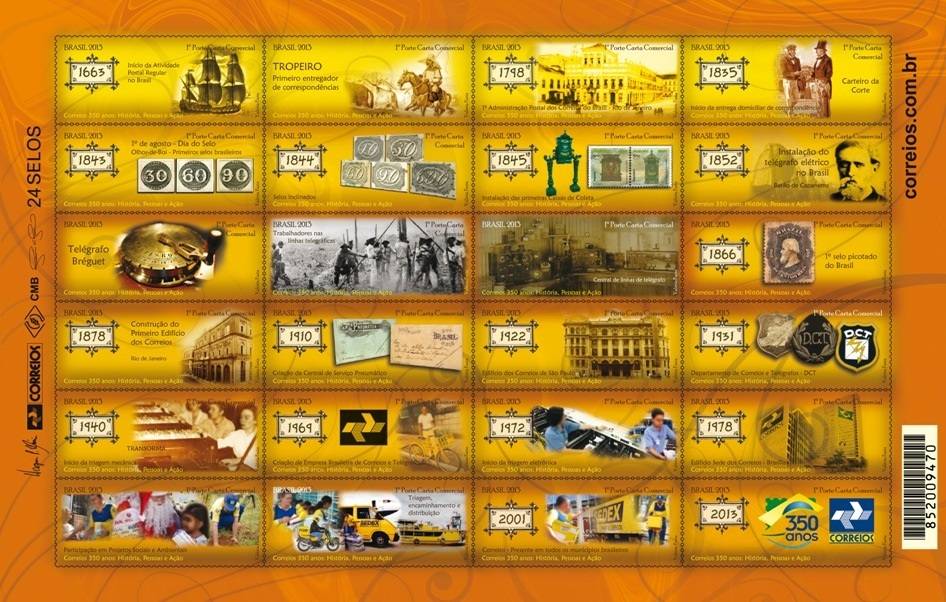
Scott: #????O
Issued: 25.01.2013
Post 350 Years: History, People and Action
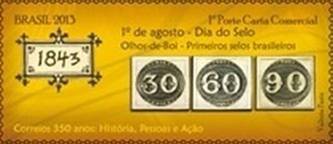
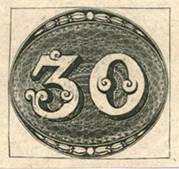 Inside #????e: Brazil #1
Inside #????e: Brazil #1
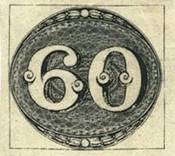 Inside #????e: Brazil #2
Inside #????e: Brazil #2
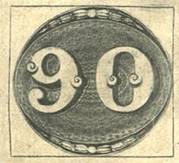 Inside #????e: Brazil #3
Inside #????e: Brazil #3
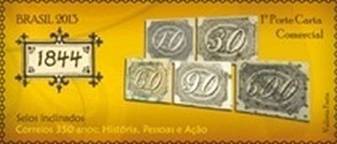
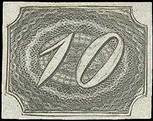 Inside #????f: Brazil #7
Inside #????f: Brazil #7
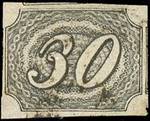 Inside #????f:
Brazil #8
Inside #????f:
Brazil #8
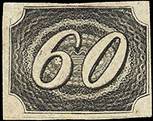 Inside #????f: Brazil #9
Inside #????f: Brazil #9
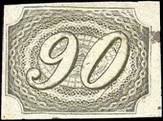 Inside #????f: Brazil #10
Inside #????f: Brazil #10
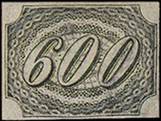 Inside #????f: Brazil #13
Inside #????f: Brazil #13
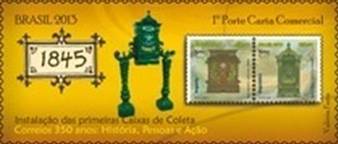
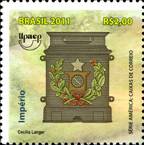 Inside #????g: Brazil #????
(10/2011)
Inside #????g: Brazil #????
(10/2011)
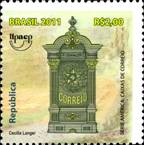 Inside #????g: Brazil #????
(10/2011)
Inside #????g: Brazil #????
(10/2011)
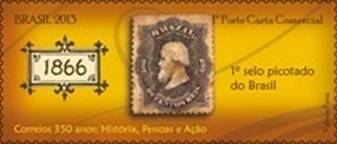
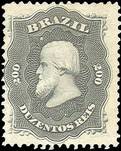 Inside #????l:
Inside #????l:
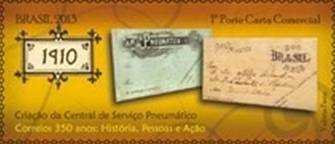
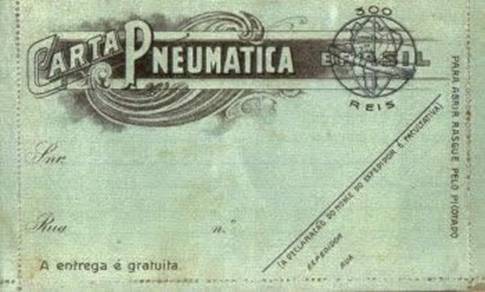
Inside #????n: Brazil Postal stationery
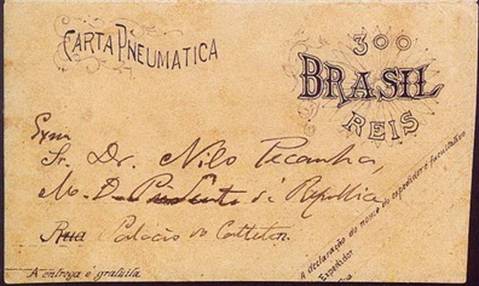
Inside #????n: Brazil Postal stationery
Thanks to Joao Tiago and to Lou Guadagno
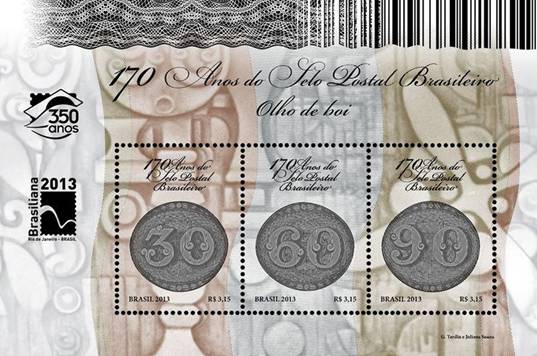
Scott: #????O
Issued: 01.08.2013
170th Anniversary of the First Stamps of Brazil
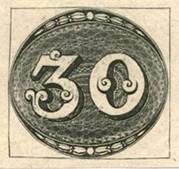 Inside #????: Brazil #1
Inside #????: Brazil #1
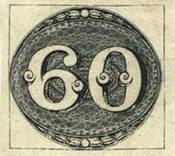 Inside #????: Brazil #2
Inside #????: Brazil #2
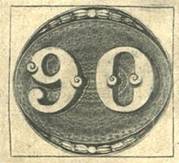 Inside #????: Brazil #3
Inside #????: Brazil #3
Thanks to Lou Guadagno
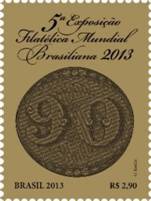
Scott: #????O
Issued: 01.08.2013
5th World Stamp Exhibition-Braziliana 2013
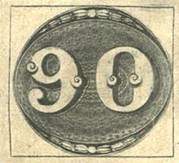 Inside #????: Brazil #3
Inside #????: Brazil #3
Thanks to Lou Guadagno
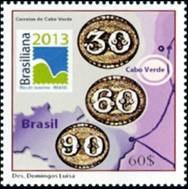
Scott: #????O
Issued: 22.11.2013
Brasiliana 2013
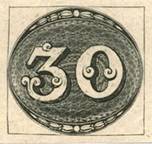 Inside #????: Brazil #1
Inside #????: Brazil #1
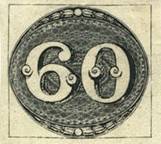 Inside #????: Brazil #2
Inside #????: Brazil #2
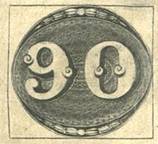 Inside #????: Brazil #3
Inside #????: Brazil #3
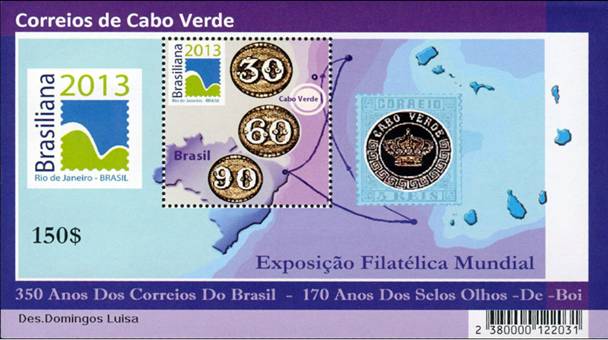
Scott: #????O
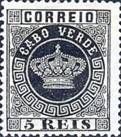 Inside #????: Cape Verde #1
Inside #????: Cape Verde #1
Thanks to Lou Guadagno
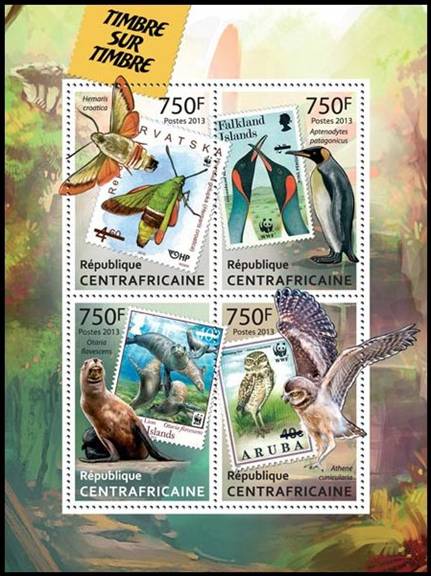
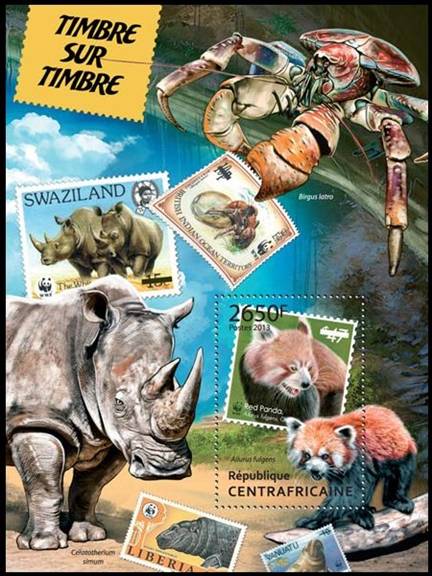
Scott: #????-?O
Issued: ??.??.2013
WWF Faun, Stamps on Stamps
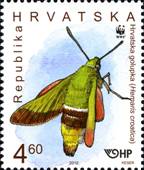 Inside #????: Croatia #848c
Inside #????: Croatia #848c
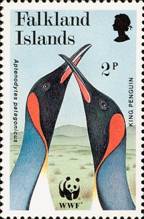 Inside #????: Falkland Is. #535
Inside #????: Falkland Is. #535
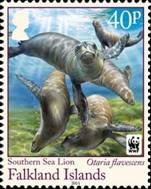 Inside #????: Falkland Is. #1031
Inside #????: Falkland Is. #1031
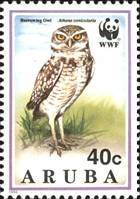 Inside #????: Aruba #104
Inside #????: Aruba #104
 Inside #????: U.S. unofficial art project essa
Inside #????: U.S. unofficial art project essa
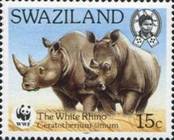 Inside #???? (In Margin): Swaziland #519
Inside #???? (In Margin): Swaziland #519
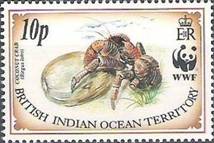 Inside #???? (In Margin): British Indians
Ocean Ter. #132
Inside #???? (In Margin): British Indians
Ocean Ter. #132
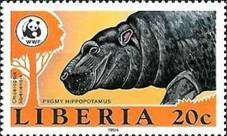 Inside #???? (In
Margin): Liberia #1011
Inside #???? (In
Margin): Liberia #1011
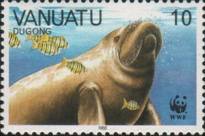 Inside #???? (In Margin): Vanuatu #471
Inside #???? (In Margin): Vanuatu #471
Thanks to Lou Guadagno and Prof. Plinio
Richelmi
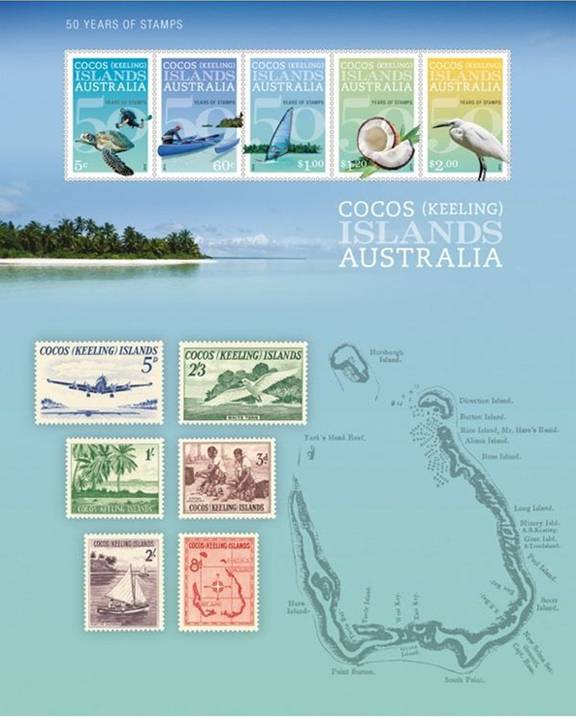
Scott: #371aO
Issued: 04.06.2013
Cocos (Keeling) Islands 50th Anniversary of stamps
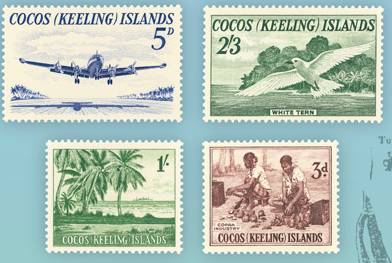
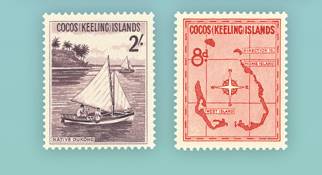
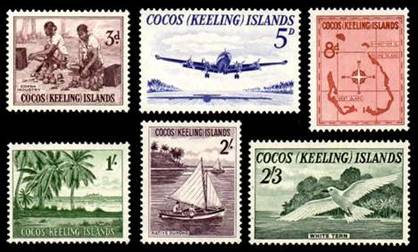
Inside #371a: Cocos Islands #1O,#2O,#3O,#4O,#5O,#6O
The first issue was
a pictorial defi nitive series depicting the copra industry (3d); a
constellation aircraft (5d); a map of the islands (8d); palms (1/-); a Jukong
(2/-); and a white tern (2/3). The 1963 stamp designs are presented as
imperforate in the sheetlet for this stamp issue and microdated.
During WWII and
up to 1954 an RAAF Post Off ice operated on Cocos (Keeling) Islands (CKI), run
by RAAF personnel and using Australian stamps. In 1952 the Malaysian postal administration
set up a post off ice using Singapore stamps until Australia assumed
administration of CKI in 1955. Australian stamps were used until 1963 when the
first CKI stamps were issued on 11 June.
Thanks to Lou
Guadagno
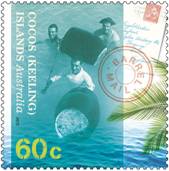
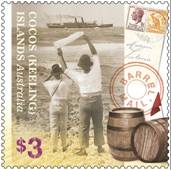
Scott: #???O
Issued: 06.08.2013
Barrel Mail
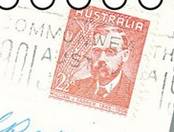
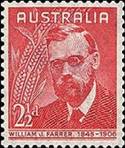 Inside #???: Australia #213P
Inside #???: Australia #213P
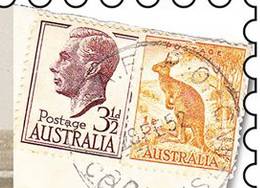
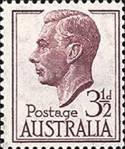 Inside #???: Australia #236P
Inside #???: Australia #236P
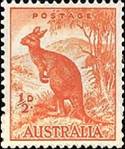 Inside #???: Australia #166P
Inside #???: Australia #166P
From around 1909
mail and other essential items were delivered to the Cocos (Keeling) Islands within
barrels lowered or dropped from passing P&O and Orient Line ships. The
approaching liner would notify the cable station on Direction Island and staff
members would collect the barrel from their jukongs. At the same time, outgoing
mail was sealed in a tin can and attached to a line trailing from the ship
making the drop. Some mail dispatched to and from the islands in this way
carried a range of postal markings and cachets such as "Tin Can Mail"
or "Orion Barrel"; (in reference to the RMS Orion).
Thanks to Lou Guadagno and Martin
Hirschbühl
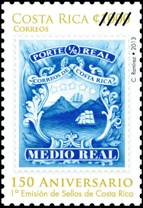
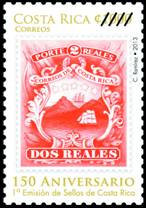
Scott: #????-?O
Issued: ??.??.2013
150th Anniversary Stamps of Costa Rica
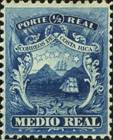 Inside #????: Costa
Rica #1
Inside #????: Costa
Rica #1
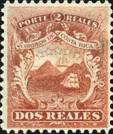 Inside #????: Costa Rica #2
Inside #????: Costa Rica #2
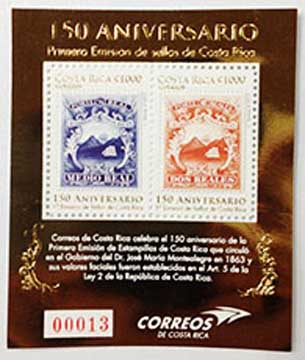
Scott: #????O
Thanks to Lou Guadagno
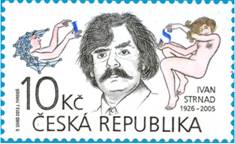
Scott: #????O
Issued: 20.1.2013
Traditions of Czech Stamp Production


Inside #????: 1975 postal stationery (50th anniversary of
the launch of automated telephone operation in
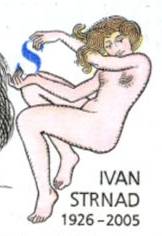
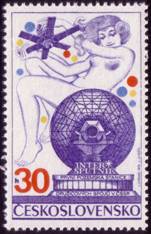 Inside #????:
Inside #????:
The
newly outlined Tradition of Czech Stamp Design issue commemorates
another significant stamp designer, Ivan Strnad. The stamp shows a portrait of
Ivan Strnad; a part of the mirrored motif which first appeared on a 1975 postal
stationery item commemorating the 50th anniversary of the launch of automated telephone
operation in Czechoslovakia, placed in the left-hand side; and a female nude
from the 30h stamp Intersputnik issued in 1974, placed in the right-hand side.
Czech
graphic artist and teacher Ivan Strnad was born on 3 April
Ivan
Strnad taught students in a special applied graphic arts studio at the
During
his lifetime he won many awards for his works of art. Most of them came for his
stamp designs (1964: 2nd prize for the stamps 20 Years of the
The
coupon features a head drawing fron the background of the 1 Kčs stamp
which appeared in the 1977 Space Exploration series.
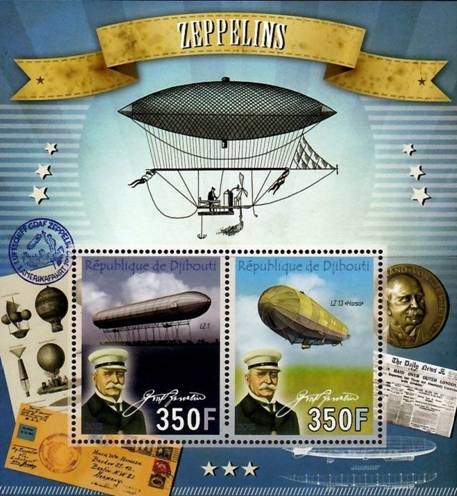
Scott: #???O
Issued: 27.03.2013
Zeppelins
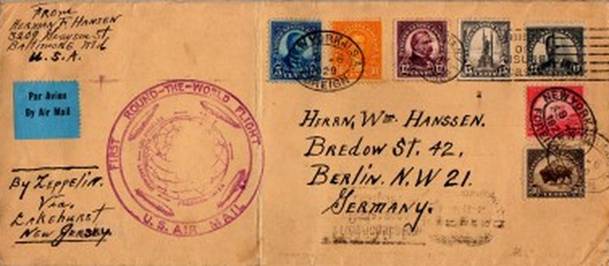
Inside #???? (In margin): reproduced on 1929 Graf Zeppelin
Flight cover:
|
|
|
|
|
|
U.S. #557 |
U.S. #562 (obscured) |
U.S. #564 |
U.S. #566 (partial) |
|
|
|
|
|
|
U.S. #623 |
U.S. #567 |
U.S. #569 |
|
Thanks to Lou Guadagno
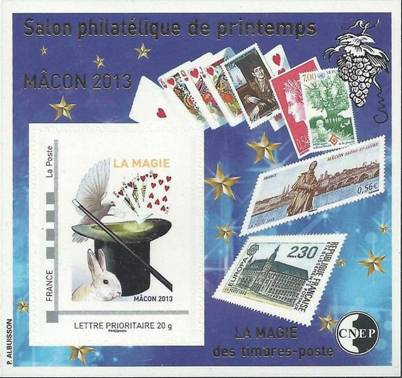
Scott: #????O
Issued: 05.04.2013
Spring Philatelic Salon, Macon
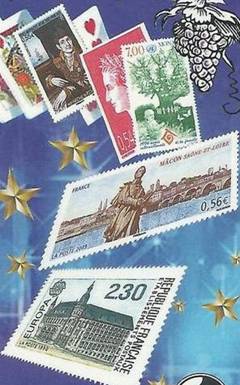
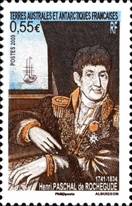 Inside #???? (in margin): French Southern
& Antarctic Terr. #412 (2009)
Inside #???? (in margin): French Southern
& Antarctic Terr. #412 (2009)
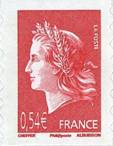 Inside #???? (in margin):
France #3370 (2007)
Inside #???? (in margin):
France #3370 (2007)
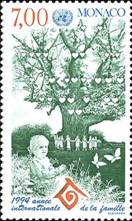 Inside #???? (in margin): Monaco #1908 (1994)
Inside #???? (in margin): Monaco #1908 (1994)
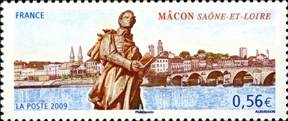 Inside #???? (in margin):
France #3631 (2009)
Inside #???? (in margin):
France #3631 (2009)
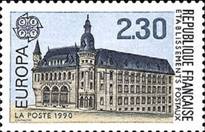 Inside #???? (in margin): France #2218 (1990)
Inside #???? (in margin): France #2218 (1990)
Thanks to Lou Guadagno
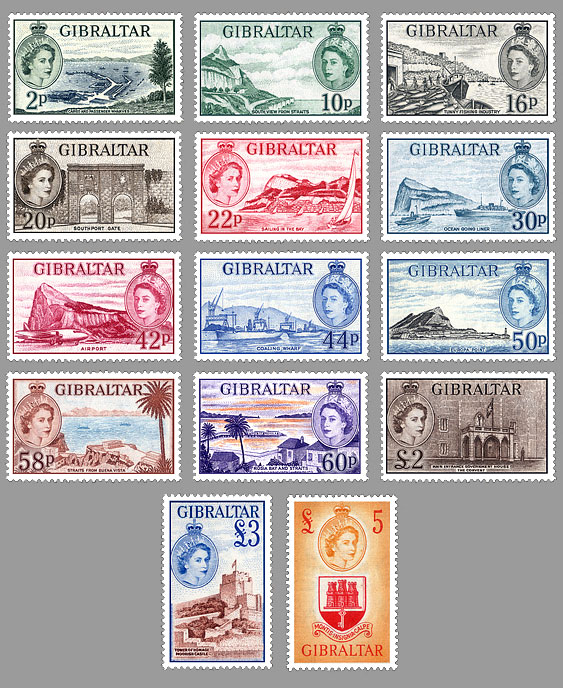
Scott: #????-?O
Issued: 18.07.2013
60 Years of the first Gibraltar Queen Elizabeth II
Inside #????-? (B):
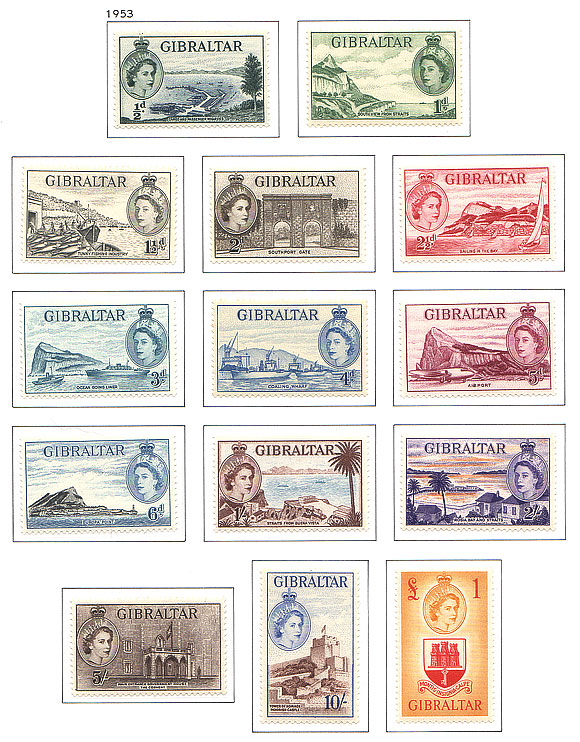
Gibraltar #132-45
"I declare before you all that
my whole life, whether it be long or short, shall be devoted to your
service and the service of our great imperial family to which we all belong”
The first
definitive stamps of Queen Elizabeth II were placed on sale on 19th October
1953. The colony’s first ever philatelic exhibition was held to coincide
with the first day of issue. A special postmark was used at the exhibition held
at the Calpe Institute which was run by the British Council.
The 1953 series
was prepared using King George VI head depicting the St. Edward’s Crown over
the portrait’s oval and was meant to replace the old definitive set of
King George VI. On account of King George’s VI death on the 6th February 1952,
the same designs were used with the Queen Elizabeth II head as a
substitution. The pictorial set of fourteen values was designed by Mr Norman
Cumming, a Government draughtsman.
The Queen’s Accession: King
George VI died in his sleep at Sandringham House on the night of 6 February
1952. He was aged just 56. Long illness and the strain of leadership
during the dark days of World War II had taken their toll on the much-loved
monarch. Princess Elizabeth, the elder of the king’s two daughters, was
away in Kenya at the beginning of a royal tour of Commonwealth states,
standing in for her father because of his ill health. The news of his
death was broken to her by her husband Prince Philip. Elizabeth, aged just
25, faced not only the grief of losing her father, but the daunting prospect
that she was now Queen of the United Kingdom and Head of the
Commonwealth. Although Elizabeth had acceded to the throne, it would be
another 16 months until her coronation.
The
Coronation: Queen Elizabeth’s arrival at Westminster Abbey, where 8,000
guests awaited, marked the beginning of the religious ceremony that
would conclude with her coronation. She was dressed in white silk
embroidered with the emblems of the Commonwealth nations and on top of it, the
velvet Robe of State, more than 5 metres long, its train supported by
seven maids of honour. At the altar, the Queen took the Coronation Oath,
swearing to uphold justice and the laws of her realms and to defend the Anglican
faith. Then, in the most ancient and sacred moment of the ceremony, the
Queen was anointed with holy oil by the Archbishop of Canterbury whilst
seated in the Coronation Chair. As she received royal sceptres, orb and
robe, and finally the crown itself, the congregation responded with a shout
of ‘God save the Queen!’
Martin Hirschbühl
Thanks to Martin Hirschbühl
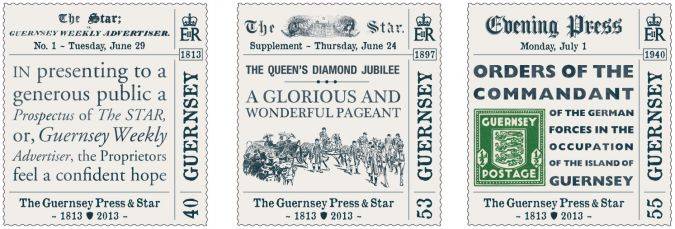
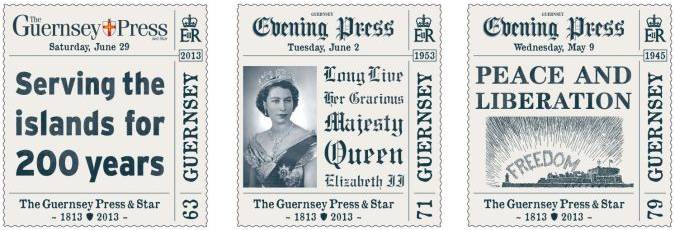
Scott: #????-?O
Issued: 31.7.2013
The 200th Anniversary of the Guernsey Press and Star
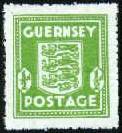 Inside #???: Guernsey
#N1
Inside #???: Guernsey
#N1
Thanks to Prof. Plinio
Richelmi and Martin Hirschbühl
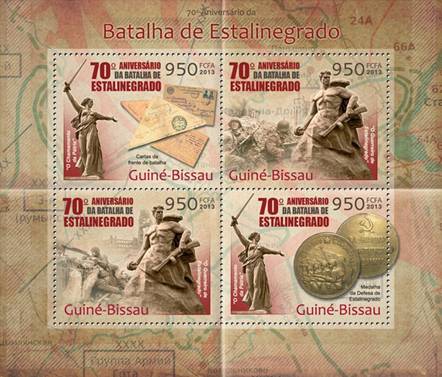
Scott: #????O
Issued: ??.??.2013
70th Anniversary of the Battle of Stalingrad
Inside #????:
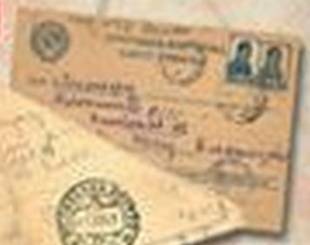
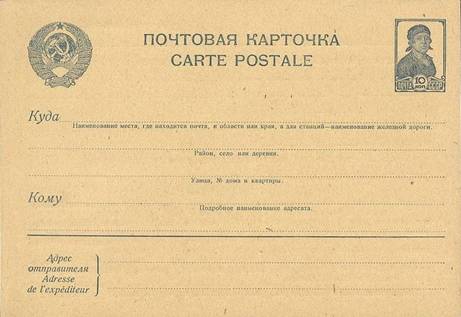
Russia-USSR imprinted 10k postal card with uprate:
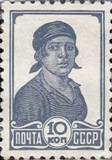 Russia-USSR #616, c. 1941
Russia-USSR #616, c. 1941
Thanks to Lou Guadagno
See:
![]()
